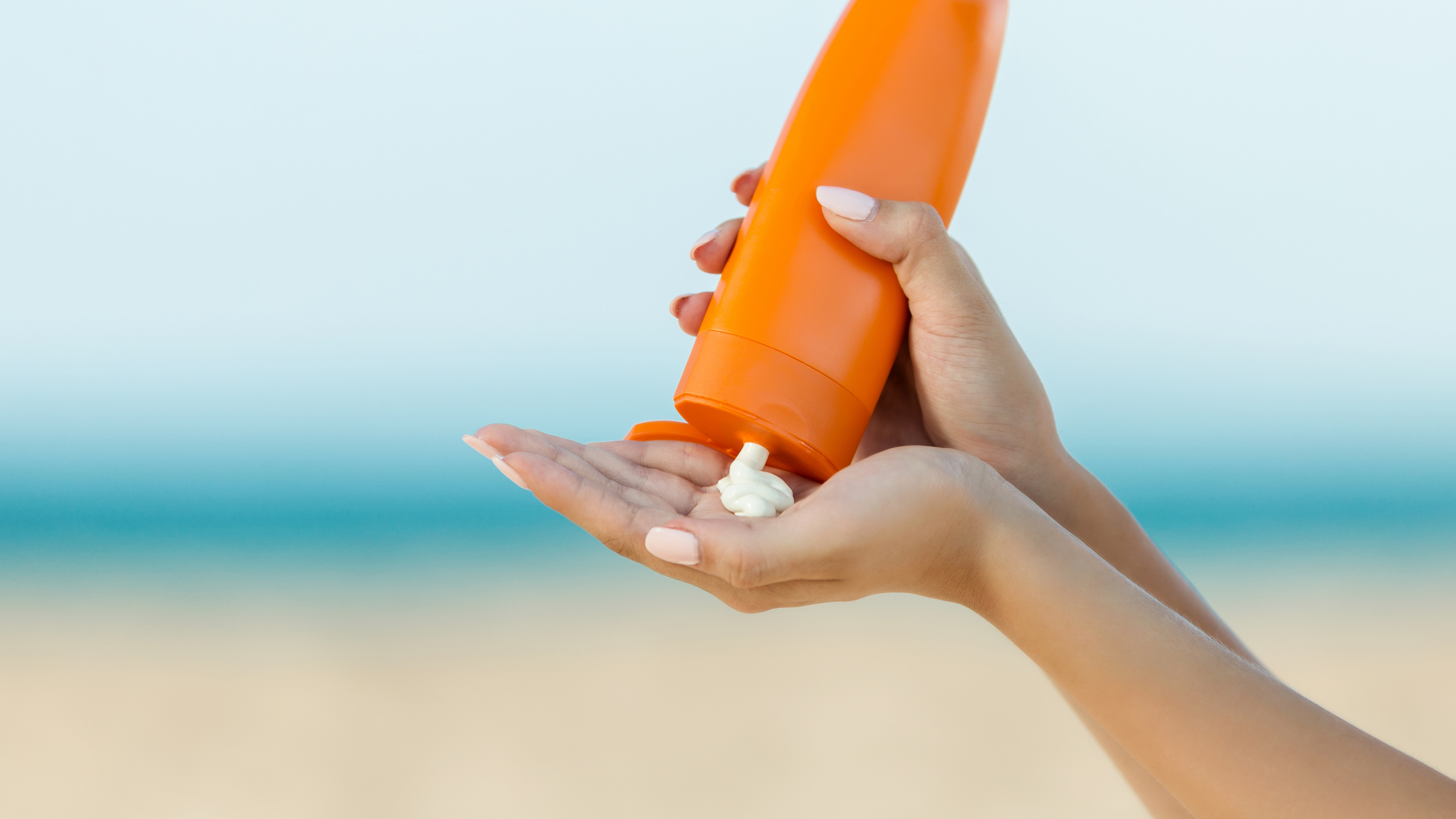Matthew Farber, PhD, is Bringing Science Barside
Cellular and molecular biologist Matthew Farber, PhD, not only developed a pilot brewery on campus, but he’s also patented a new way to brew sour beers.
 Matthew Farber, PhD, is in Saint Joseph's pilot brewing lab with a giant flask of yeast.
Matthew Farber, PhD, is in Saint Joseph's pilot brewing lab with a giant flask of yeast.
Matthew Farber, PhD, isn’t your typical biology professor. While you may find Farber and his students collecting samples of tree bark on campus, they’re actually gathering the woody specimens to be used in the beer fermentation process.
Farber, who holds a PhD in cellular and molecular biology, is director of the University’s brewing science certificate, a program he founded in 2015. The hobby homebrewer turned malt master honed his passion for brewing science in graduate school and is now teaching future generations the science behind the perfect pint at Saint Joseph's.
“The chair of my department at the University of Pittsburgh, Graham Hatfull, used to keep brewing yeast in freezers in the lab, so I learned how to manage yeast at a very early stage in my career,” he recalls. “I read everything I could on brewing and was also trained in teaching and education.”
Farber’s hobby brewing career quickly turned into an actual one when he joined the faculty at Saint Joseph’s University (then the University of the Sciences). There, he and colleagues developed a method for measuring proteases — a class of enzymes that break down proteins — in beer.
“I knew some proteases were relevant to brewing, so I built a diagnostic tool to measure their activity for fun in the lab. We ended up getting some really interesting data out of that early work and I presented it at my first Master Brewers Association meeting,” he says.
The opportunity also uncovered a need for career training programs for professional and aspiring brewers. And so, the brewing science certificate was born.
Later that year, Farber helped launch the University’s pilot brewing lab, a teaching brewery featuring two half-barrel systems where students can carry out small-scale commercial beer production.
The program attracts a mix of students, some of whom have gone on to leadership roles at breweries like Yards Brewing Co., Urban Village Brewing Co., Cape May Brewing Co. and more.
“We have a variety of students who, on the one hand, are looking for career changes or, on the other hand, are professional brewers looking to hone their craft and learn more about quality control and assurance,” he says. “We place a big emphasis on the lab components of brewing, in addition to the hands-on production process. That includes quality control and microbiology so we can ensure consistency and safety of production.”
We place a big emphasis on the lab components of brewing, in addition to the hands-on production process.
Matthew Farber, PhD
Associate Professor of Biology and Director of the Brewing Science Certificate ProgramFarber admits that a lot of the beer the students produce gets dumped because they don’t have a license to sell it.
However, through a sponsored research contract with Lallemand Brewing, the brewery does have a license to use one of Farber’s creations: a patented yeast he discovered called Philly Sour, which makes lactic acid and alcohol during fermentation — key ingredients for sour beer.
How does one discover a new strain of yeast for brewing beer, you might ask?
“It’s a major part of my research in which I engage undergraduate students in my lab to go out into the field. We select tree bark, berries, fruits and inoculate them in wort, a sugar-rich liquid that will become beer when we add yeast to it,” he explains.
The yeasts on the samples he and his students bring back to the lab are tested to see if they can survive the wort, after which they ferment, creating carbon dioxide and alcohol, until voila — the wort turns to beer. Successful fermenters are then scaled up in the pilot brewery and evaluated for commercial application.
This year, Farber’s research contract with Lallemand will continue on, during which he hopes to generate more insight into how Philly Sour performs during commercial-scale fermentation in order to guide brewers on its full potential.
“By balancing student research, education and industry engagement, our brewing science program is well positioned to promote workforce development while also contributing novel products and solutions for the brewing industry,” he says.
Learn more about the region's first brewing science certificate.



